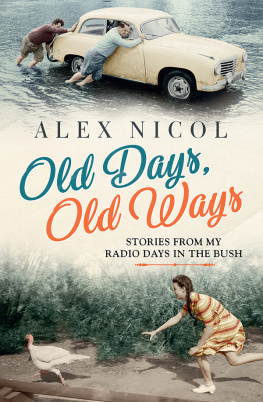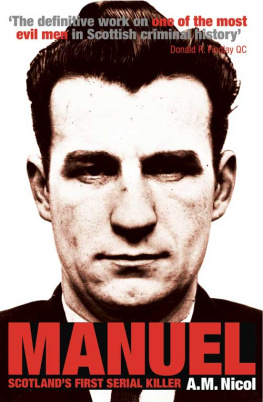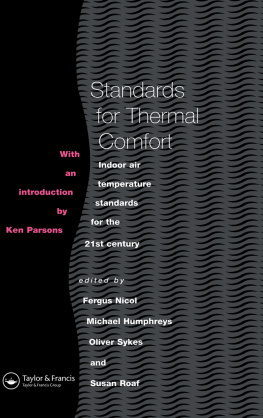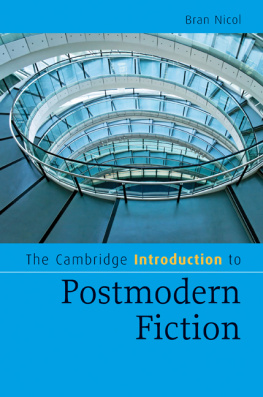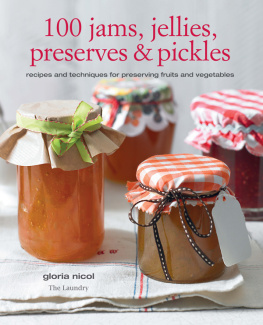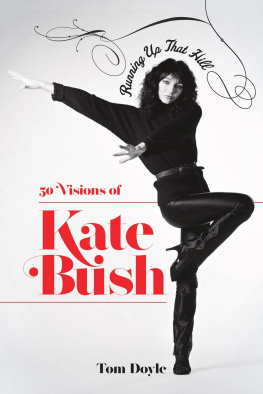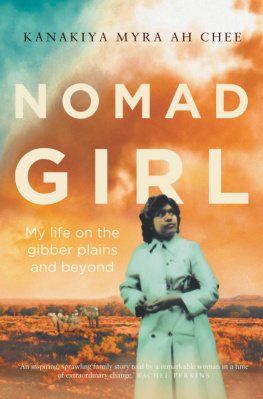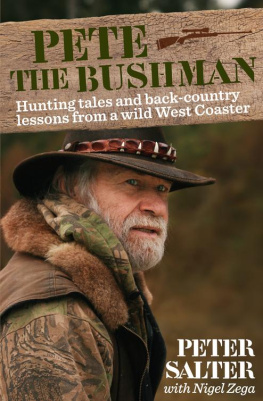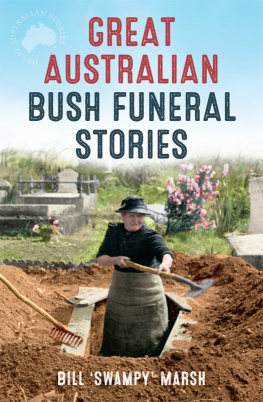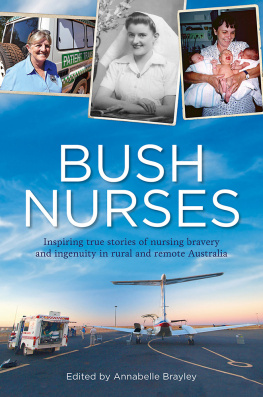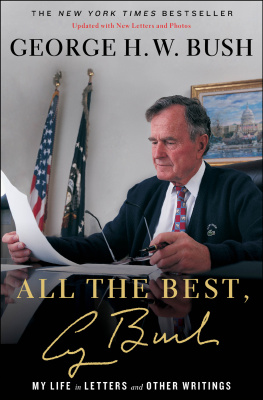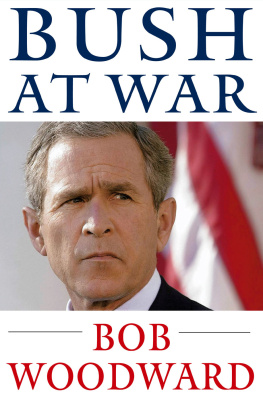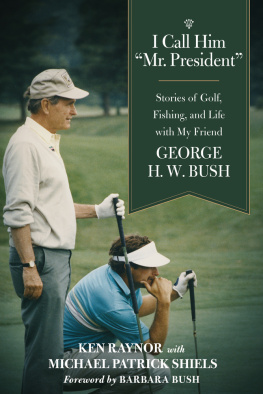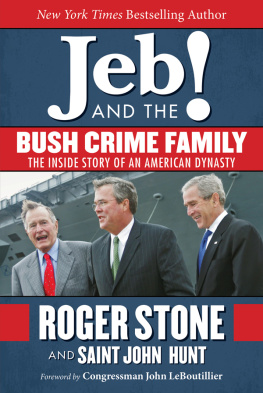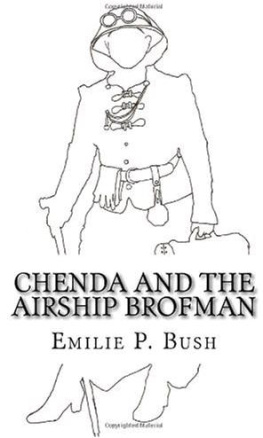Alex Nicol is a writer and broadcaster. He began his career with the ABC in 1967 as a trainee rural reporter. Two years later he became the producer and presenter of the national radio program All Ways on Sunday and later became the manager of ABC Orange.
He has worked as a jackeroo, as a sheep and wool officer for the New South Wales Department of Agriculture, as an agriculture college lecturer, and as the media liaison officer with the Australian Wheat Board.
Alex is also a playwright, and his plays have been produced in London, New York, Melbourne and Sydney, with credits including an award at the Royal Exchange Theatre, Manchesters International Writing Competition, the Wal Cherry Award, and The London International Playwriting Award. His play Three Toe Scratch was shortlisted for the Sydney Theatre Companys Patrick White Award.
First published in 2019
Copyright Alex Nicol 2019
All rights reserved. No part of this book may be reproduced or transmitted in any form or by any means, electronic or mechanical, including photocopying, recording or by any information storage and retrieval system, without prior permission in writing from the publisher. The Australian Copyright Act 1968 (the Act) allows a maximum of one chapter or 10 per cent of this book, whichever is the greater, to be photocopied by any educational institution for its educational purposes provided that the educational institution (or body that administers it) has given a remuneration notice to the Copyright Agency (Australia) under the Act.
Allen & Unwin
83 Alexander Street
Crows Nest NSW 2065
Australia
Phone: (61 2) 8425 0100
Email:
Web: www.allenandunwin.com

ISBN 978 1 76052 849 2
eISBN 978 1 76087 077 5
Internal design by Bookhouse, Sydney
Set by Bookhouse, Sydney
Cover design: Luke Causby/Blue Cork
Cover images: Victor Wright/Fairfax Media (Bathurst, 1955) and Herfort/Fairfax Media (Broken Hill, 1944)
This book is dedicated to my wife, Diana. Like so many women of her generation she sacrificed her career to follow her husband. So many times while I was being feted as a star she was at home busy raising our family.
CONTENTS
2CR was one of five huge transmitters that the government of the day set up in the 1930s to cover Australia. And they very nearly did.
Corowa in southern New South Wales, Rockhampton on the coast in Queensland, and Crystal Brook in outback South Australia came on stream in 1932. 2CR, with her transmitter at Cumnock, in the centre of New South Wales, followed five years later. Her powerful signal meant that broadcasts from the studio in Orange could be heard as far north as the Queensland border and as far south as Victoria. The old girl had a big family.
I arrived at the station in 1967, a very raw trainee rural reporter. She saw me grow to present a three-and-a-half-hour national program from her transmitter, and eventually to become manager at a time when technology was changing and we were no longer in awe of that big stick out at Cumnock.
There were flowers in the house when we arrived. Irene Hatswell saw to that. Welcome to the family.
Neil Inall would teach me. He sat me in a dead studio. Ive never been comfortable with switches and dials, and what was in front of me terrified me. Talk to the microphone as a friend, was his advice. Youre not talking to people at a meeting; youre having a chat with a mate. And practise, practise, practise.
Did you wash under your arms in the shower this morning? Of course you did, but you dont remember, do you? No. Its second nature. Thats the way handling those switches and dials will become. They mustnt get in the way.
I disappointed him so many times.
I am on my own controlling the breakfast session for the first time.
Think it through, I tell myself. Listen for the time call from Sydney, fade down the signal from Sydney, fade up our transmitter, open the microphone, make my announcements, close the microphone, fade up the control on the tape recorder that has this mornings interview.
Thats not hard. But why isnt the interview going to air? Dont panic. Open the microphone and call the time. Press the start button on the recorder again. Why wont the interview go to air?
Very quietly the studio door opens. Pat Britten crosses noiselessly to the desk. He reaches over, closes the microphone, turns the tape recorder on, gives me an encouraging smile and says, Try again.
Its got to be like washing your armpits.
Neil and I divided the territory. Hed take the stories west of Dubbo, Id take the eastern half of the region, and we would travel. Oh, how we would travel. There was no such thing as a recorded telephone interview. If you wanted to talk with someone, then you drove and you met them face to face. We were often away from family overnight, over nights.
I was somewhere in the south of our country. They knew that, but where exactly? My mother-in-law had been killed in a car accident, and my wife, Diana, and our three young children were at home alone. Neil was doing the breakfast show and asked our listeners to find me. One of them managed the motel where I was sleeping. Please ring the station straight away.
Id been with the ABC for perhaps six months, at 2CR for perhaps three months, but when I got back to the studio the manager sat me down. Youre going to need some time off. Dont worry about that. Take as much as you need. He opened the safe. And youll need some money. He handed some over. Well work it out later.
Welcome to the family.

2CRs transmitter at Cumnock. The old lady was meant to cover one-fifth of Australia.
Each morning when I came into the studio, on my desk would be a neat pile of copy paper. At the top of the first page I would see the typed words: This is the news, written by Laurie Mulhall, read by Dear Old M claimed authorship, and you had better do his words justice. The copy was there in plenty of time for me to read it, reread it aloud and get it right.
Laurie MulhallDear Old Mwas a masterful journalist with a poetic turn of phrase. On slow news days I would announce to our listeners, Following last weeks rain, green shoots of new life spike the rich earth of the wheat country of the Central West. You wouldnt get that in the Tele.
Dear Old M, our journalist in charge, was something of a father figure. He was Dear Old because no matter who he was referring to, they became Dear Old. Hence Neil Inall was Dear Old I and Colin Munroe, whod done time at the station as a rural reporter, was Dear Old Bangers and Mash.
Hed sit in the newsroom, headphones clamped to his head and, in the early days, a pipe smouldering beside him. He had a marvellous habit of tap, tapping on the space bar of his typewriter as he encouraged the story out of whichever of our far-flung correspondents was on the phone. He didnt take notes; he crafted the story as it was being told to him so that clean copy was the inevitable result.

Dear Old M, Laurie Mulhall second from the left, part poet Following last weeks rain green shoots of new life spike the rich earth of the wheat country of the Central West master journalist.

